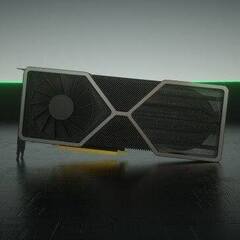Raspberry Pie NAS
24 minutes ago, Ginger137 said:Hmm.. First site I looked at must of been off a bit. Still, especially at 100% they are power hogs and it's worth the extra money up front to buy more efficient hardware. That's also over the course of a year, your not going to see your bill shoot up a huge amount like that in a month, but it'll be a bit higher and add up.
Plug in your watts here, you pay more than you realize https://www.rapidtables.com/calc/electric/electricity-calculator.html
I understand what you're saying, and I'm not saying that these are the most energy efficient machines ever, but for the price of the machine ($35 for a Pi + $x for drives + $x for adapters to connect them to the Pi vs. $0 for a Dell + $x for drives), the added performance (I get about 120MB/s over 10/100/1000 with my free OptiPlex 330 and free drives) just might be worth the small added power cost.
















Create an account or sign in to comment
You need to be a member in order to leave a comment
Create an account
Sign up for a new account in our community. It's easy!
Register a new accountSign in
Already have an account? Sign in here.
Sign In Now